14 Ways to Avoid Losing Energy at Work
Americans are working more hours than ever. And they aren’t alone. All around the world, workaholic cultures are prevalent.
A not-too-long-ago Gallup survey found the average full-time worker in the United States works more than 47 hours per week. And 40 percent of workers say they work at least 50 hours per week.
This workaholic culture comes with many physical and mental consequences. Not only are we working more, but we’re also more exhausted than ever. Inquiring minds want to know: How the heck can we fight off energy loss during the workday?
While there is no quick-fix solution to workplace fatigue, the following suggestions might help with some short-term solutions to avoid the midday crash.
1. Take Walks
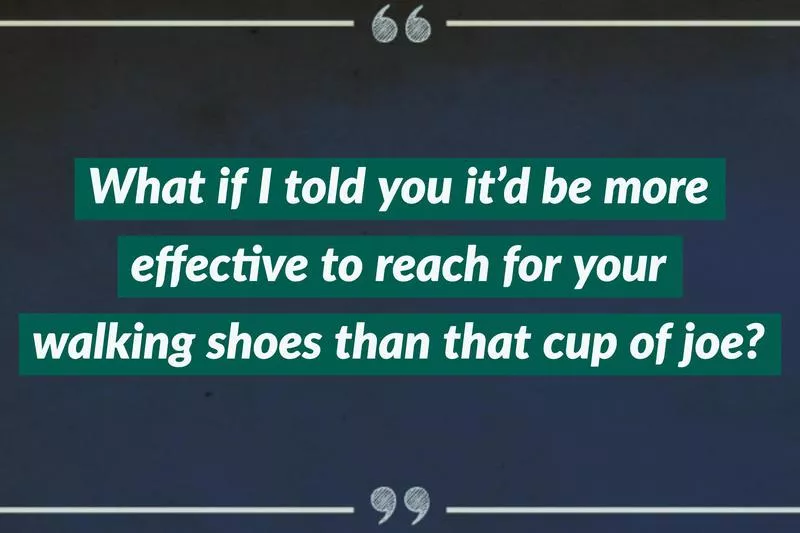
When you’re tired, you probably start searching for the easiest way to get your hands on some coffee. But what if I told you it’d be more effective to reach for your walking or running shoes than that cup of joe?
You probably know exercise is great for the mind, body and spirit. But did you realize it’s great for fighting energy loss during the workday, too?
A study published in “Physiology & Behavior” in 2017 found taking a walk or doing some other low-to-moderate exercise resulted in a better long-term impact on energy levels than caffeine.
2. Eat the Right Foods
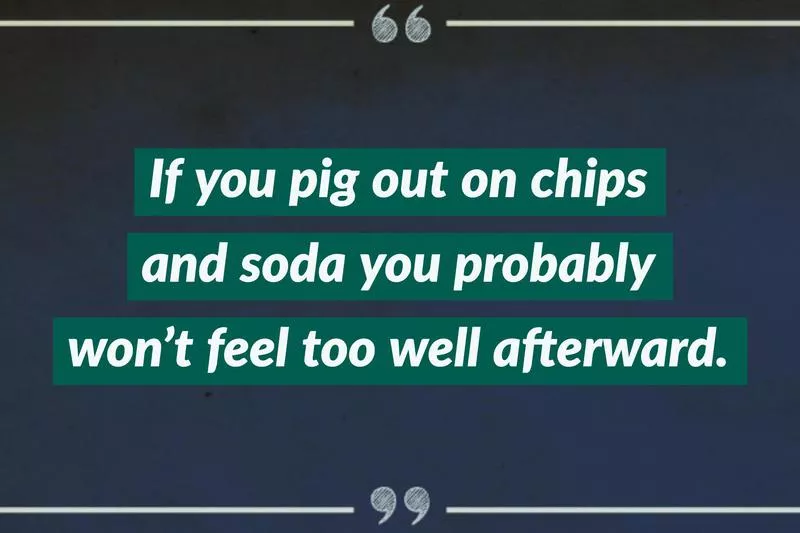
If you use your snack breaks to pig out on chips and soda you probably won’t feel too well afterward.
Instead eat the types of foods that will keep your productivity engine clean and running at its best capacity throughout the day. Which ones? Think oatmeal and almonds and vegetables.
Also, there isn’t anything wrong with having a decadent snack from time to time. Just remember to do it in moderation.
3. Alternate Between Sitting and Standing
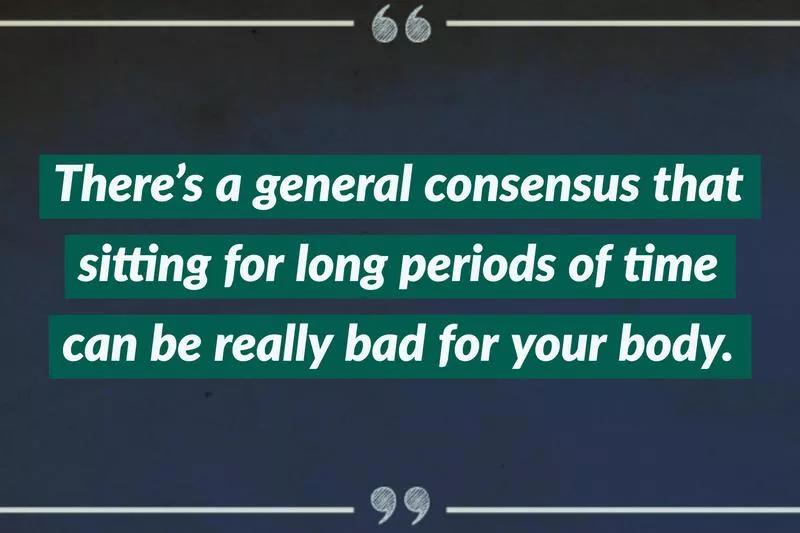
Chances are you’ve heard the hype surrounding standing desks.
Those who support them claim they assist with blood sugar regulation and weight loss, among other features. The jury is still out this data, as it’s a new area of research. But there’s a general consensus that sitting for long periods of time can be really bad for your body.
So when you have the time, spend some of your day standing. It’s worth noting that this may not be the best idea the morning after leg day at the gym.
4. Take a Quick Yoga Break
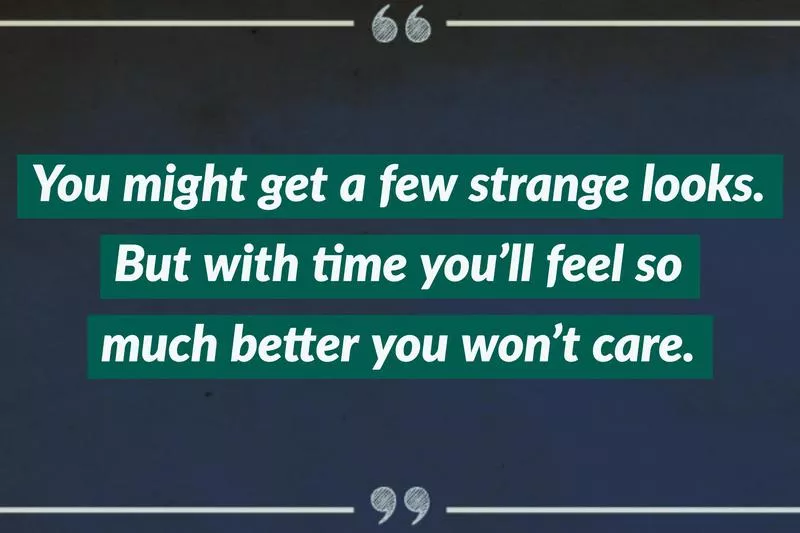
Ever left a good yoga sesh feeling completely energized and centered? Well, you can get a similar feeling from practicing those breathing techniques and doing helpful stretches at work.
The internet is filled with suggestions of yoga poses and methods of breathing that help increase energy and focus at work. We’ve got some, too. Here’s a 10-minute yoga sequence to kick off your day.
You might get a few strange looks depending on the level of privacy you get at work, but with time you’ll feel so much better you won’t care.
5. Take a Nap
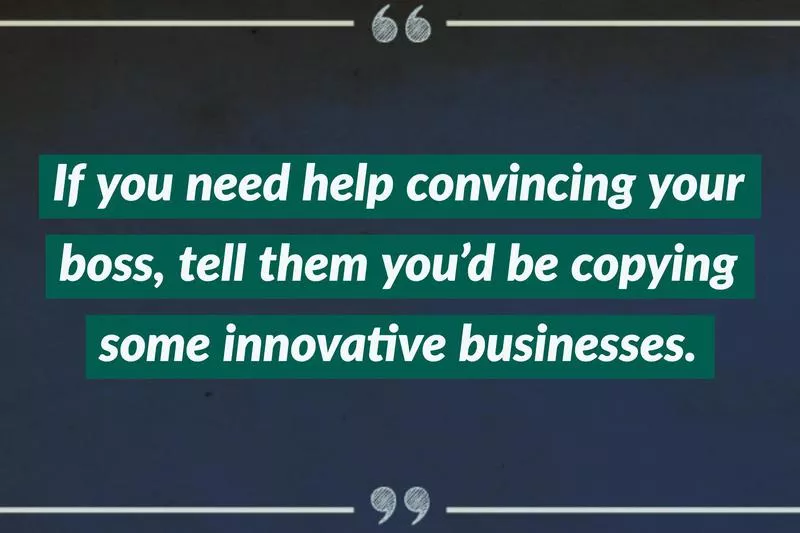
Remember when we were kids and told to take a nap when we were more cranky than usual? As it turns out, there are a lot of benefits to naps.
How do you usually use your breaks and lunches? A quick 15- or 20-minute nap can help increase problem-solving abilities and alertness while fighting off fatigue.
Uber, Google and Ben & Jerry’s are all examples of companies that have jumped on the nap at work bandwagon. If you need help convincing your boss, tell them you’d be copying some innovative businesses.
6. Drink More Water
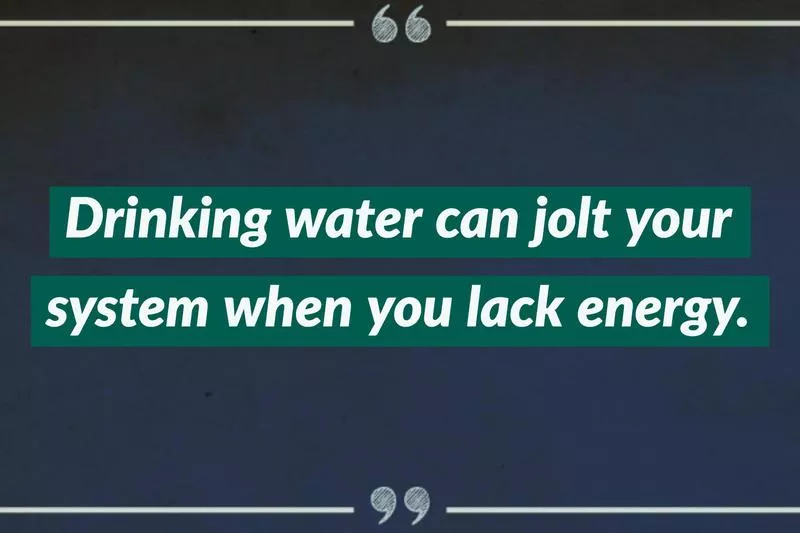
Ever taken a sip of cold ice water and felt an immediate increase in your alertness? Well, drinking water regularly can give the same jolt to your system when you lack energy.
Like hunger, dehydration can leave you feeling weak and fatigued. Making sure you’re drinking lots of water could be a missing piece to your at-work energy issues.
7. Break Tasks Into More Manageable Chunks
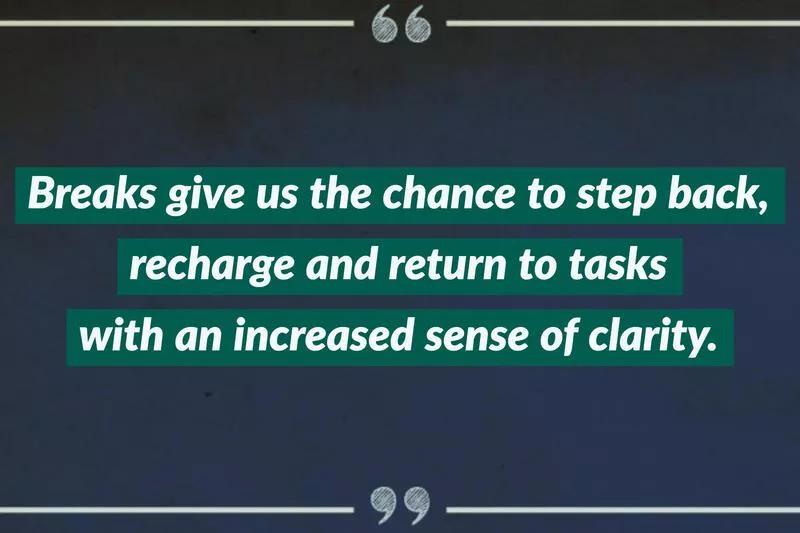
If you’re anything like me, you try to sit down and rush through your work as quickly as possible. Folks like us don’t like deadlines looming over our heads and we hate feeling like we aren’t maximizing our time.
But as it turns out, it’s better to break big assignments into small manageable chunks with breaks in between instead of trying to power through on tough tasks. Breaks give us the chance to step back, recharge and return to tasks with an increased sense of clarity.
Learn to embrace the pause and not just the power through. If you’re a workaholic, make this easier by setting timers on your phone or task management software that remind you to step away every hour or so.
8. Avoid a “Food Coma”

It’s not just sweets and snacks like soda and chips that can zap your energy. It might not be best to have a huge country-fried steak combo with extra gravy for lunch, either.
Sure, these foods are yummy, but we all know how heavy meals hit us not long after and leave us with “food coma” — that heavy, icky feeling that makes you want to do nothing but crawl up in a big ball and go to sleep.
Unless you’re lucky enough to work at one of the places that offer in-office naps (and most of us aren’t) I suggest you go for yummy grilled chicken instead of the steak dinner. Your productivity and your stomach will thank me later.
9. Use Efficiency Tools
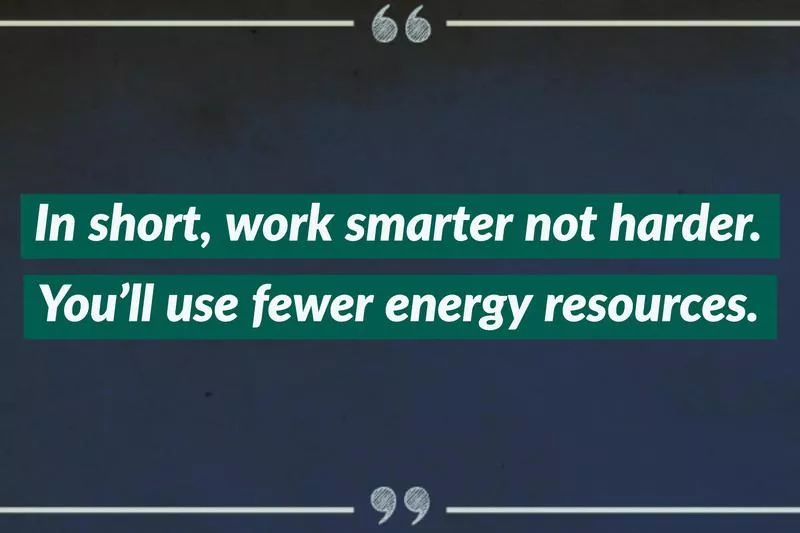
Even the healthiest of us only have so much energy stored in our energy reserve. That makes it really important that we use it wisely. Giving yourself the feeling that you aren’t working might help your day go by faster.
Thankfully, technology has advanced enough to bring us many tools that bring a “not working” feel to our workday. A favorite resource for many whose jobs involve a lot of writing are tools like voice to text.
Most of us talk much faster than we type, which means you need to prepare to go back and edit out all the typos, but I find dictation software to be much quicker than typing.
In short, work smarter not harder. You’ll use fewer energy resources.
10. Leave Work at the Office
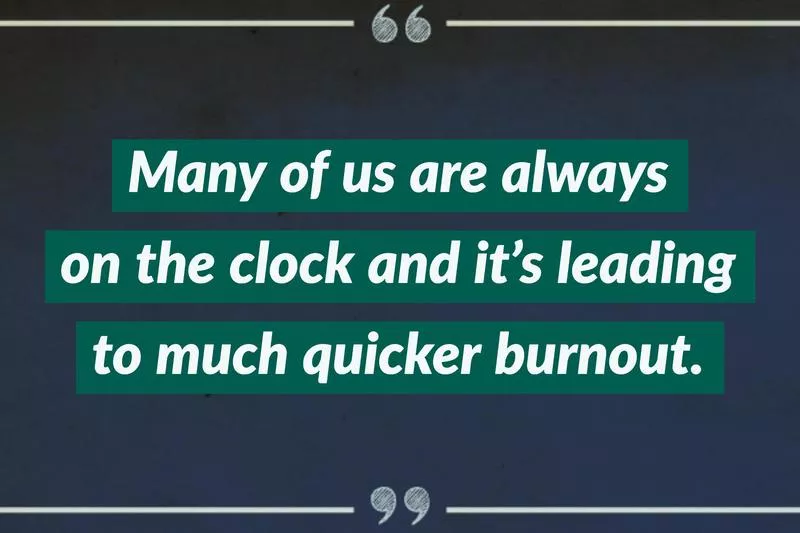
We’ve all heard how important it is to have a clear separation between church and state. But do we respect the same level of boundaries between work and home? Chances are you don’t.
It’s critical that you find creative solutions to stop working during your off-time. Many of us are always on the clock and it’s doing horrible things for our families, social lives and leading to much quicker burnout. Which, as you might have guessed, can be a significant energy zapper.
11. Set Boundaries, Remote Workers
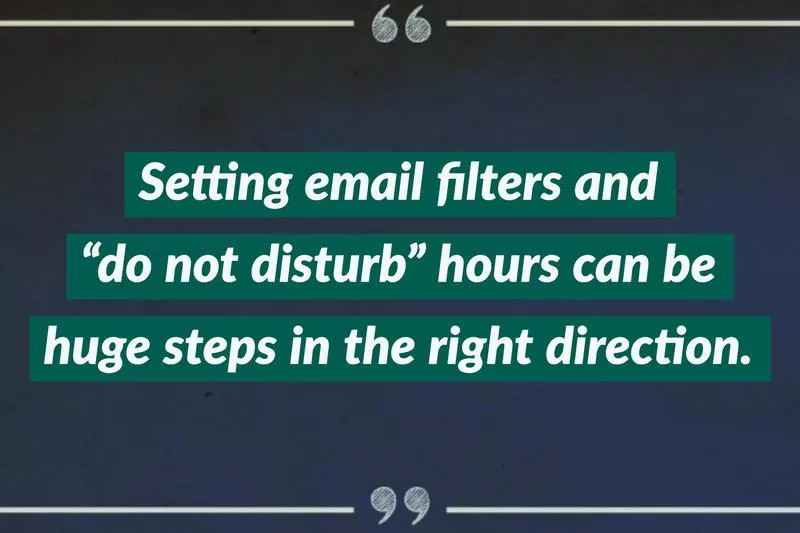
As I said, if you work in an office, try to limit your concern with work affairs to work hours. If you telework this is more challenging.
Setting email filters and “do not disturb” hours, and turning off your work phone when it isn’t work time, can be huge steps in the right direction.
Again, working all the time can lead to burnout.
12. Get Enough Sleep
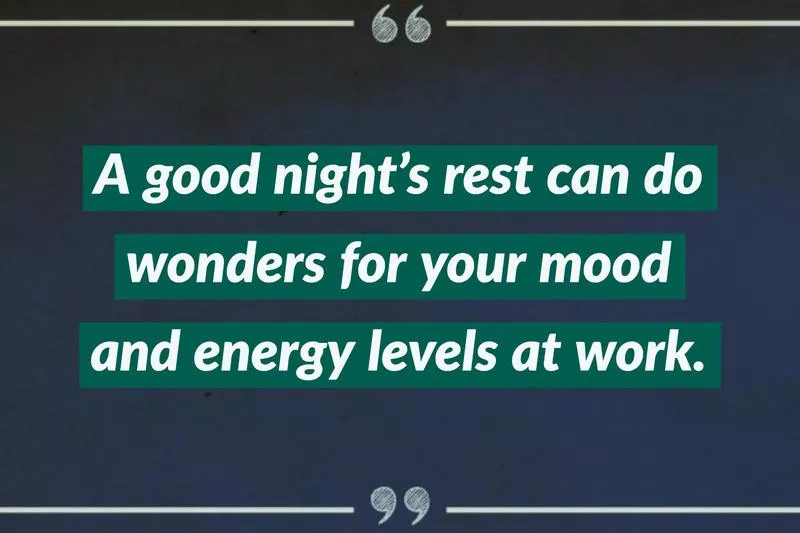
You’ll need more than work naps to make it.
The overwhelming majority of us aren’t getting enough sleep. According to James Maas, Ph.D., a retired scientist from Cornell and a sleep expert, seven out of ten Americans aren’t getting enough sleep. The results could have a long-term impact on their health.
Assuming you have no underlying health issues caused by vitamin deficiencies or chronic fatigue, a good night’s rest can do wonders for your mood and energy levels at work.
13. Let the Sunshine In
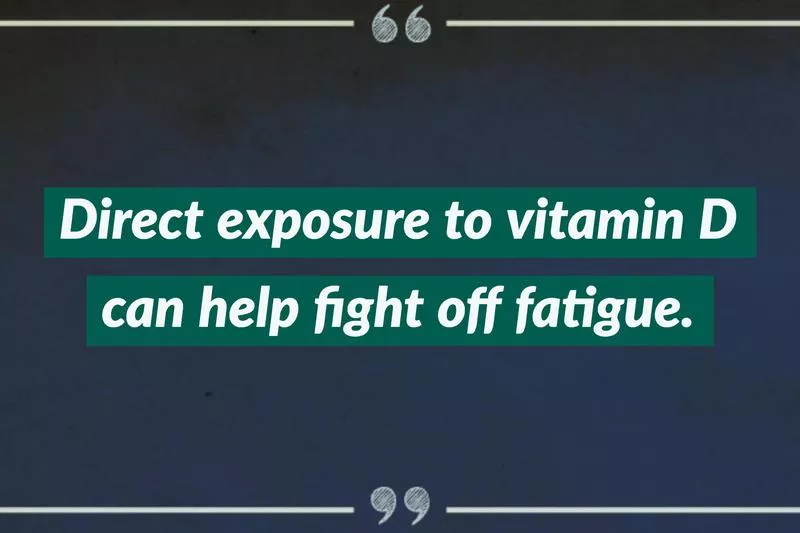
Even if walking regularly isn’t an option for you, letting the sunshine in can do great things for your energy levels. Not only does being able to interact with the outdoors consistently show mood benefits, but the direct exposure to vitamin D can also help fight off fatigue.
But don’t get too much sunlight. People with certain autoimmune issues and other conditions often have photosensitivity and can experience decreased energy and other adverse reactions.
14. Learn to Say “No”
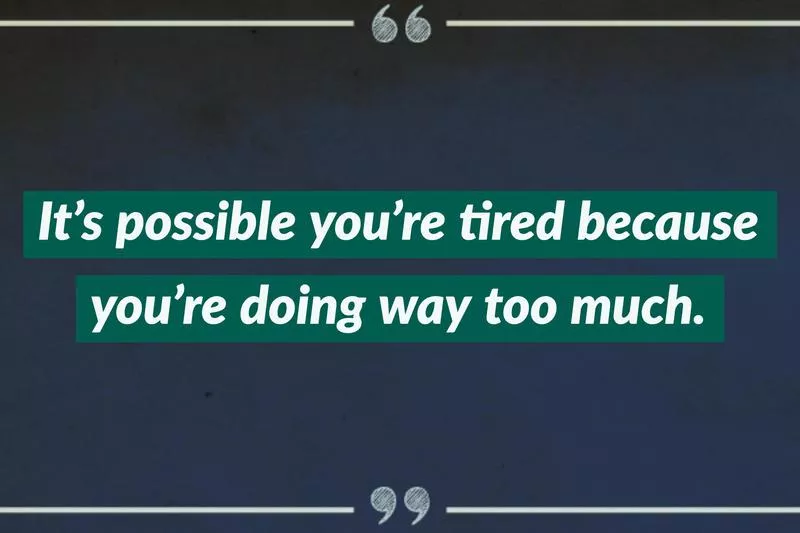
Feeling super tired at work? Don’t underestimate the importance of task delegation and not taking on other’s workloads. You can’t do everything yourself and it’s possible you’re tired because you’re doing way too much.